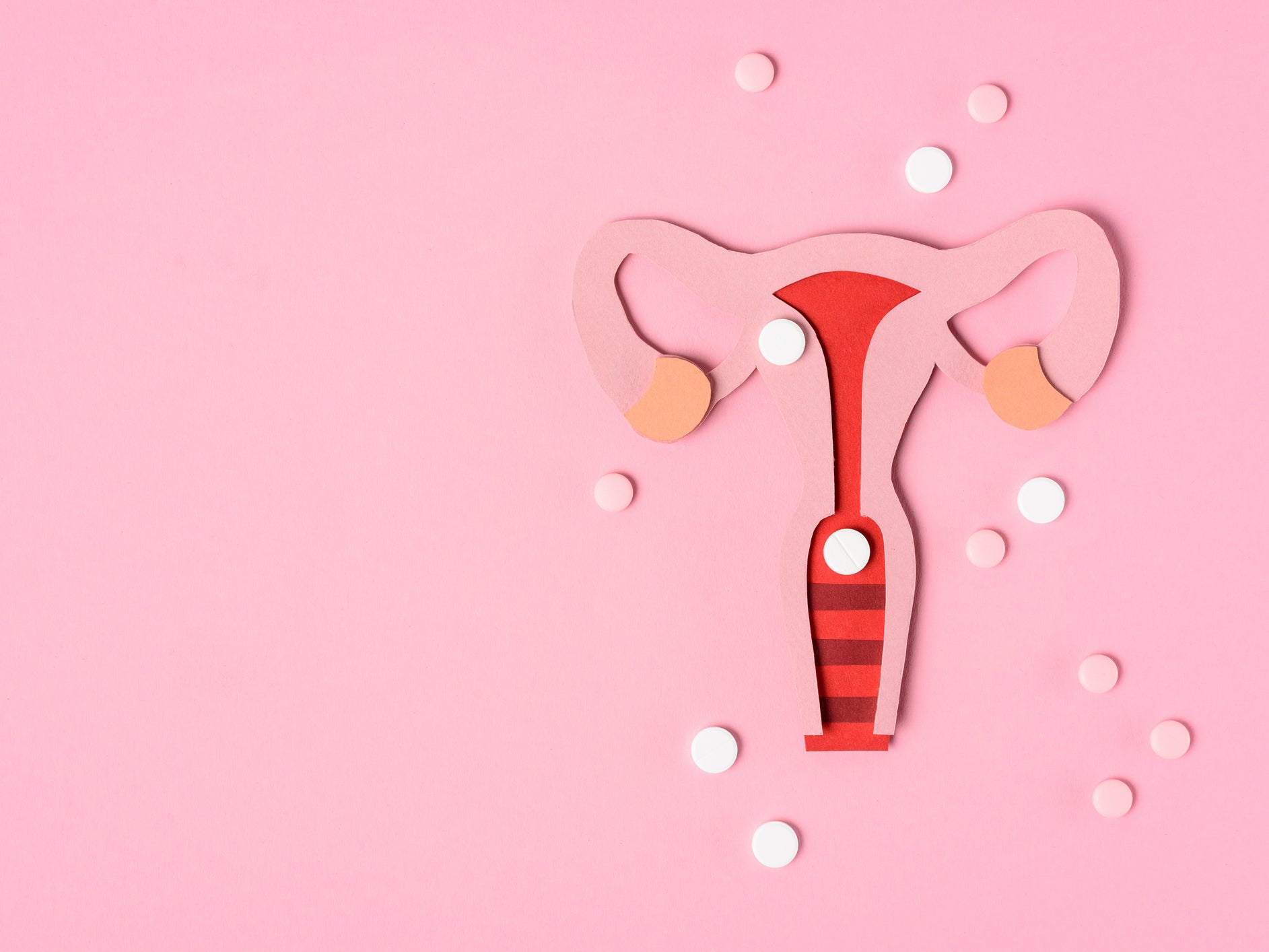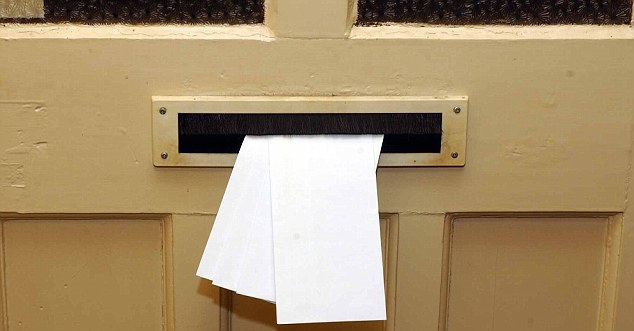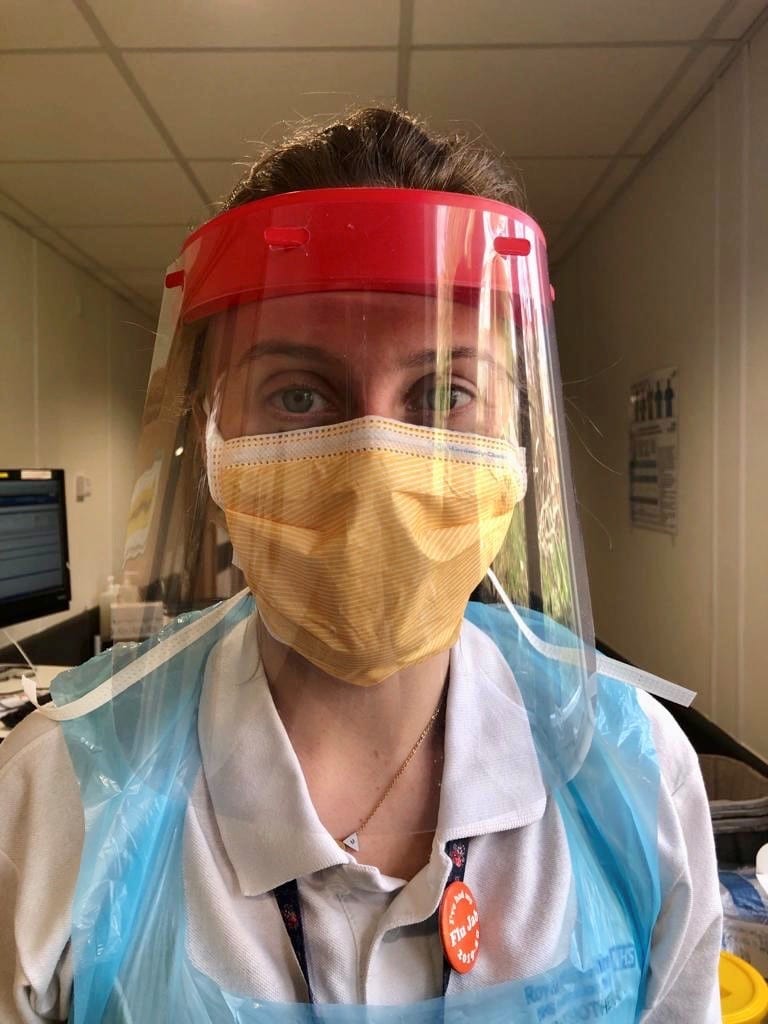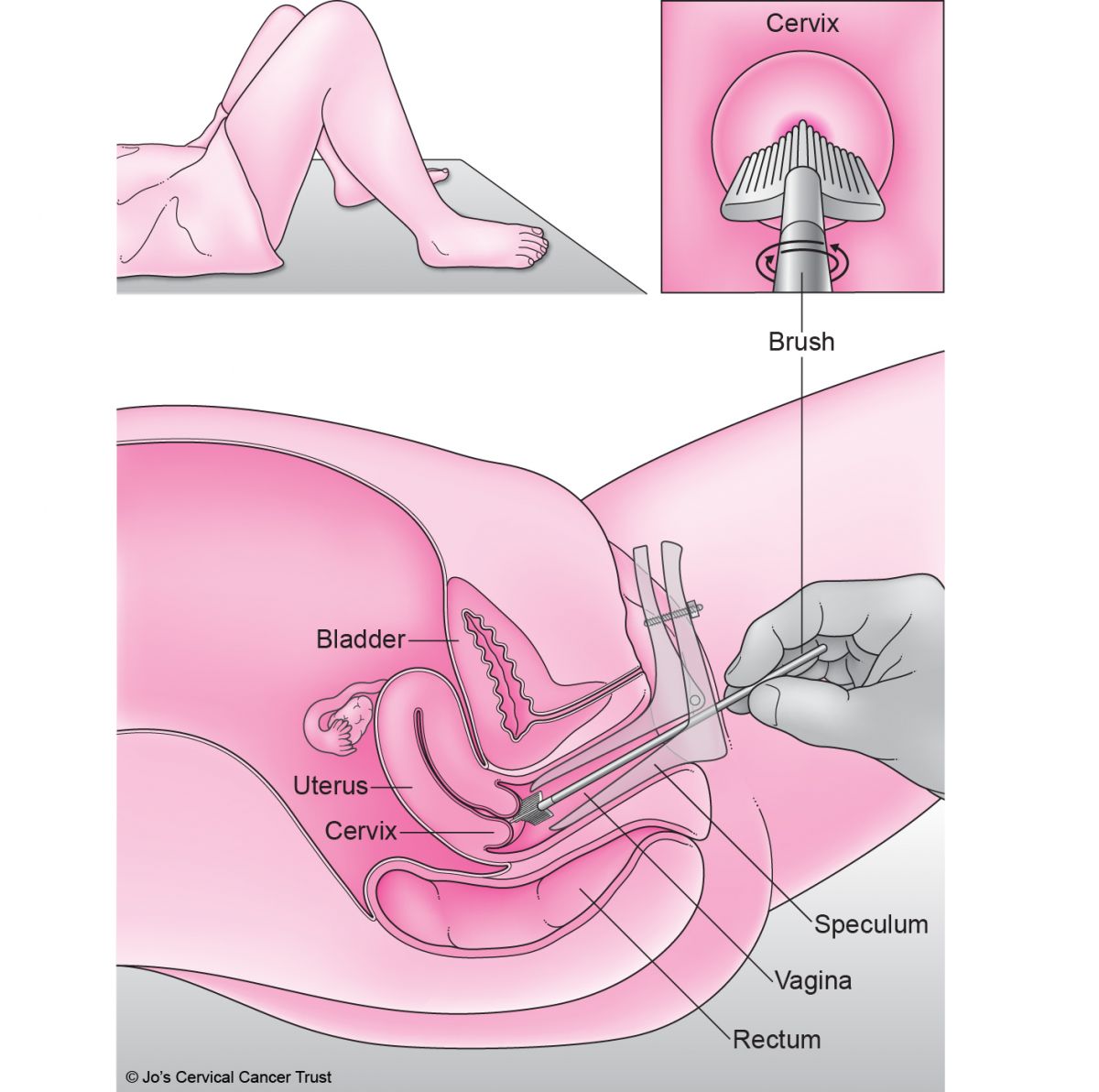
According to new research conducted by Jo’s Cervical Cancer Trust, 1/8 of women say they feel they are less likely to attend their appointment now than they would have been before the pandemic, while 13% believe it would be best to put off having their test at the moment. Reasons for a lack of attendance include such not wanting to put ‘additional strain’ on the NHS, uncertainty over changes to cervical screening and fears over being infected with the virus.
This has not helped the fact that cervical screening rates hit a 20 year low last year, with research at the time showing that 1/4 women skip the cervical screening, with the proportion increasing to 1/3 among those aged 25-29.
Surveys have shown that embarrassment about body shape is a barrier to attendance for between a third and half of women. It has also been highlighted that there is a lack of understanding about the importance of screening, with 1/4 of those surveyed saying they didn't think they needed to go because they were healthy and more than a 1/3 believing screening doesn't reduce your cancer risk.
With it being Cervical Screening Awareness Week, we thought it would be a good opportunity to discuss this issue as well as give a first person account of attending a cervical screening appointment during the current Covid-19 crisis.
THE IMPORTANCE OF CERVICAL SCREENING
Cervical screening is one of the best ways to protect yourself from cervical cancer.
Cervical screening checks a sample of cells from your cervix for certain types of human papillomavirus (HPV).
These types of HPV can cause abnormal changes to the cells in your cervix and are called "high risk" types of HPV.
If these types of HPV are found during screening (an HPV positive result), the sample of cells is then checked for abnormal changes. If abnormal cells are not treated, they may turn into cervical cancer.
Who is at risk?
If you have a cervix and have had any kind of sexual contact, with a man or a woman, you could get cervical cancer. This is because nearly all cervical cancers are caused by infection with high risk types of HPV.
You're still at risk of cervical cancer if:
- you have had the HPV vaccine – it does not protect you from all types of HPV, so you're still at risk of cervical cancer
- you have only had 1 sexual partner – you can get HPV the first time you're sexually active
- you have had the same partner, or not had sex, for a long time – you can have HPV for a long time without knowing it
- you're a lesbian or bisexual – you're at risk if you have had any sexual contact
- you're a trans man with a cervix – read about if trans men should have cervical screening
- you have had a partial hysterectomy that did not remove all of your cervix
MY EXPERIENCE
Before we go any further, just a quick warning that there will be mentions of the V word - I mean, I'm talking about a cervical screen, how could I not?
Invitation to book
My first experience with cervical screening began six months before my 25th birthday, when I received a letter reminding me that as of my 25th birthday (on 24th February) I would be eligible for my first ever cervical screen. Every 24 year old woman should receive one of these letters in the run up to her quarter-life crisis birthday, and you are able to book an appointment soon as you get your letter.
It seemed way too organised to book an appointment for half a year’s time, and knowing that around my birthday I would be in the build up to my wedding (scheduled for 23rd March), I decided that I would book an appointment when I returned from honeymoon instead.
Then, as you all know, Covid-19 hit.
Getting a cervical screen got knocked down my priority list, what with having to reschedule my wedding, cancel my honeymoon, deal with my massively increased workload, adjust to working from home, get myself into a new routine of exercising, battle with my cravings to eat everything in the cupboards and most importantly, hunt down some toilet roll!
It was only when my colleague advertised in one of our weekly wellbeing communications that 15th-21st June is official Cervical Screening Awareness Week, that I realised I had let months slip by without even sparing a thought for getting myself checked.
Booking
So, last week, I rang up my GP to enquire as to if they were currently doing cervical screening appointments at the moment, and luckily for me, they are. (However, it is worth noting that not all GP surgeries have yet got a procedure in place for safely delivering this service, as discovered by my colleague Zara who also realised she was due a screen but after calling her GP, was told they had not yet re-established this service).
Conveniently, my appointment fell smack bang in the middle of Cervical Screening Awareness Week, which is why I thought it would be worth writing a blog article of my experience, not just as a first time screener, but also as somebody accessing this service whilst it is adapted to adhere to current government guidance in regards to risk management of Covid-19.

Arrival at the GP
A member of reception was stationed outside the entrance to the GP surgery, who asked for my name to check my booking, before asking me to don a face mask and clean my hands with hand sanitizer. I was then directed to take a chair in the waiting room... I've never seen my GP's waiting room so quiet, it was fantastic! Some chairs were sealed off to ensure that when there are multiple people waiting, everyone is spaced at least 2m apart still.
Within 5 minutes I was called though by a nurse who was PPE-ed to the nines, wearing a full perspex face shield, face mask, gown and gloves.
The appointment
I sat down next to the nurse's office desk whilst she checked through some of my details to ensure nothing had changed, from my address to what contraception I was currently on.
Normally, especially with patients having first ever cervical screen, the nurse will go through what will happen during the test and answer any questions you might have. However, as I have in the past worked at a sexual health clinic and I had already done my research this week especially for our promotion of Cervical Screening Awareness Week, I let her know I was aware of what would be happening.
The actual screening proceeded exactly as expected and as explained on the NHS:
- I was asked to undress, behind a screen, from the waist down (top tip - I purposefully wore a dress, despite the fact it was chucking it down with rain, to minimise faffing around with this part!) and was given a sheet to put over me.
- The nurse asked me to lie back on a bed, with my legs bent, feet together and knees apart. She then raised the bed so that I was high enough for her to proceed with the screen.
- The nurse gently put a smooth, tube-shaped tool (a speculum) into my vagina and opened the speculum so she could see my cervix.
- Using a soft brush, the nurse take a small sample of cells from your cervix.
- The nurse closed and removed the speculum and then left me to get dressed.
The only thing that differed to a pre-Covid appointment is that the nurse had to remove her perspex face shield and instead put on a pair of goggles as the perspex screen distorts vision too much for her to have been able to see my cervix. However, she still wore a face mask and immediately donned the face shield again once she had finished the screen.
I was provided a sanitary towel by the nurse as she said that the screen had caused some slight bleeding and I was also informed that I have something that's called a 'cervical ectropian' - a very scary term for something that is actually very common and harmless! Basically, cervical ectropion happens when cells from inside the cervical canal are present on the outside surface of the cervix, meaning the skin around the entrance to my cervix looks red rather than pink. The nurse said that on a typical day of screening where she sees 8-10 patients, she probably sees around 3-4 women with this condition, especially in women that are on the combined pill (which I am) and as I fortunately don't experience any symptoms linked to this condition, there is no need for any treatment.
I was then shown out of the surgery by a fire exit, which they are using as an additional precaution to ensure that patients leaving don't cross paths with those entering.

Getting my results
The nurse said that I should receive a letter in the next couple of weeks and that if I don't receive anything within 4 weeks, just to give the GP a ring to chase it up.
When I do receive it, the results letter should explain what was tested for and what my results mean. There will be one of two things said in the letter:
- Human papillomavirus (HPV) is not found in your sample - This means the risk of getting cervical cancer is very low. I would not need any further tests to check for abnormal cervical cells and I'll be invited for screening again in 3 years time.
- HPV is found in your sample - I may need another cervical screening test in 1 year or a different test to look at my cervix (a colposcopy) depending on what type of HPV is found.
Looking back at my experience
Apart from the fact that the waiting room was dead quiet, both the nurse and myself were wearing PPE and I had to use a different exit once my appointment finished, a cervical screen during this Covid-19 period appears to be pretty much the same as a pre-covid appointment!
Luckily, I wasn't nervous going into my appointment (as I was well aware what would happen and I am fortunate in that these sorts of things don't tend to cause me to worry) though I can understand why some women would be anxious about getting tested and may therefore put off going.
The test itself is only literally a couple of minutes of discomfort (and potential embarrassment depending on your own anxieties) and is only something you have to do every few years.
Cervical screening is so important - it's estimated that hundreds of cervical cancer deaths each year could be prevented if all eligible women attended cervical screening when invited. So, if you are due a cervical screen, please don't put it off because you are embarrassed or you don't want to burden the NHS at this moment in time as it is so vital that you keep on top of your screening.
Resources
For more information on cervical screening and Cervical Screening Awareness Week, please check out the following links:
- NHS information on cervical screening
- Jo's Cervical Cancer Trust
- Resources around Cervical Cancer Awareness Week
< 365 Days Wild – why connecting with nature is needed now, more than ever. Carer's Week 2020 >


